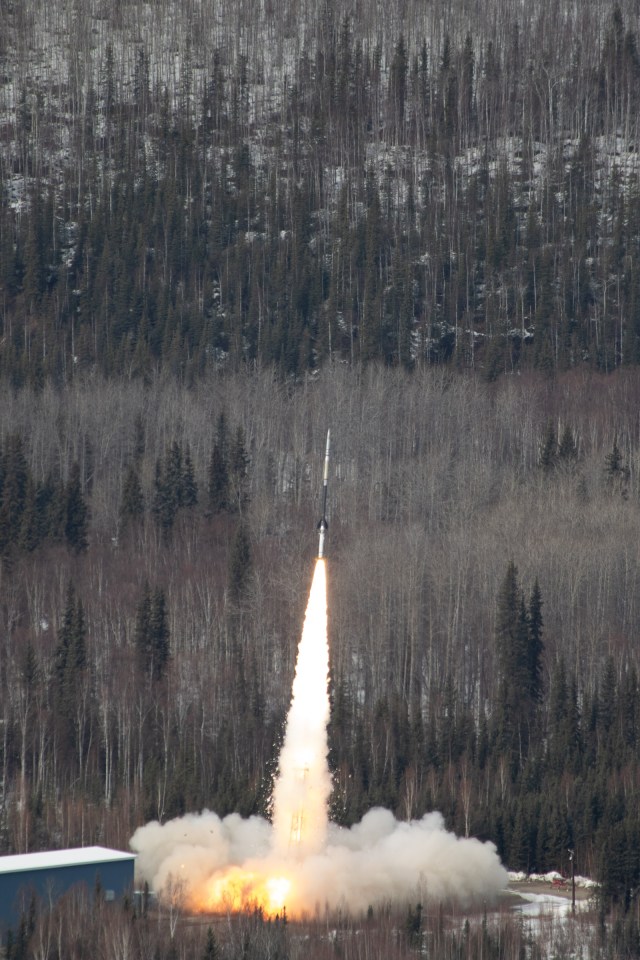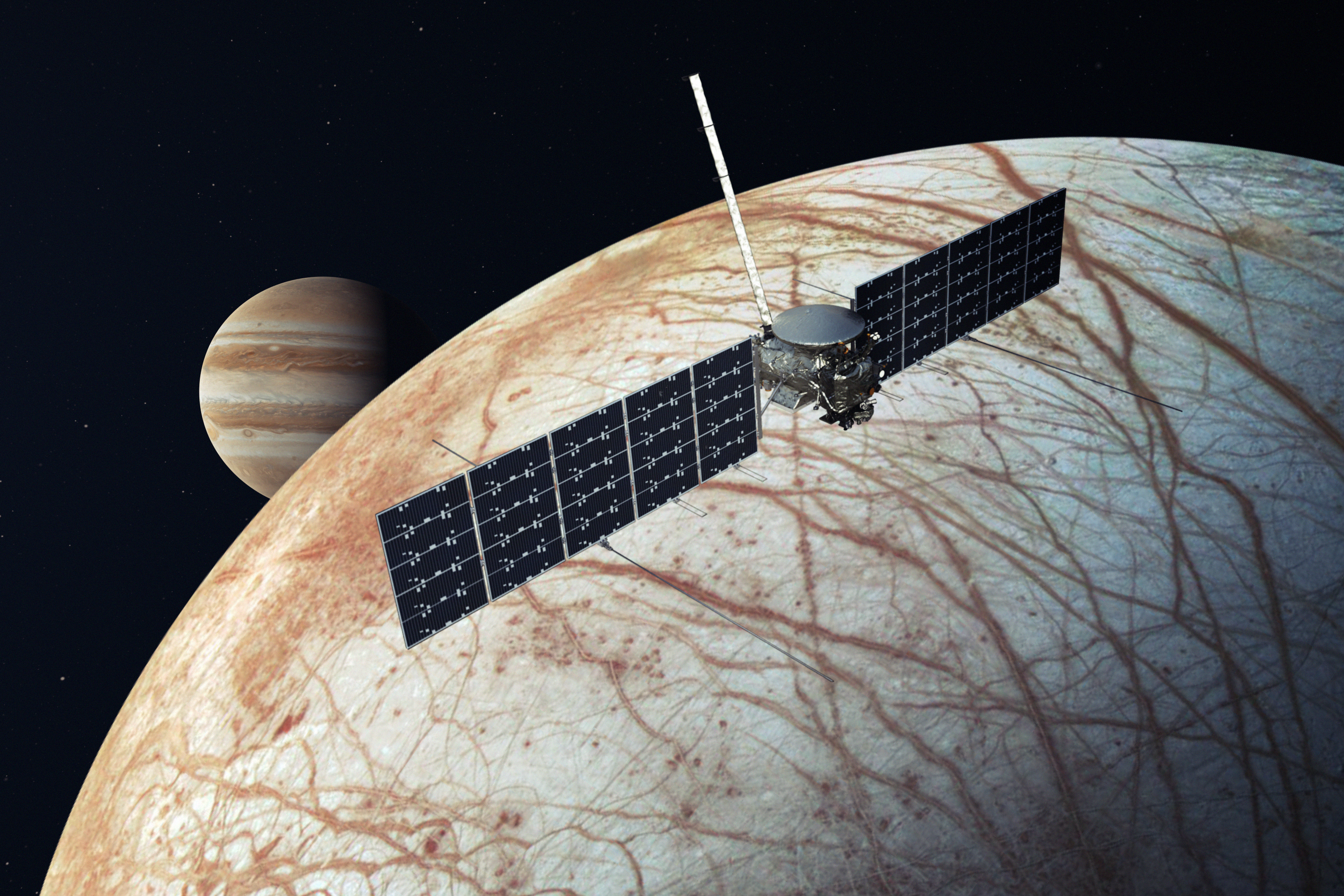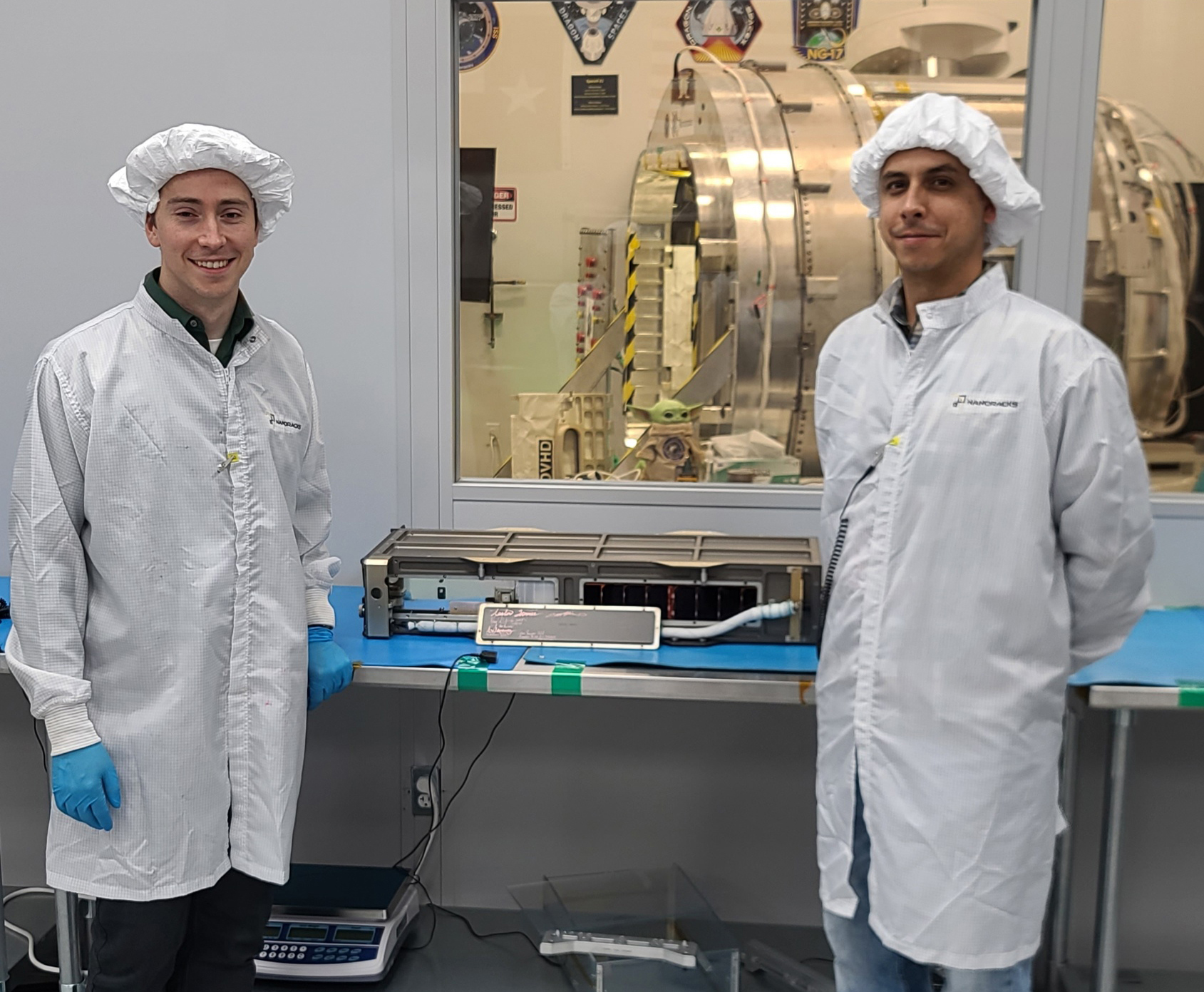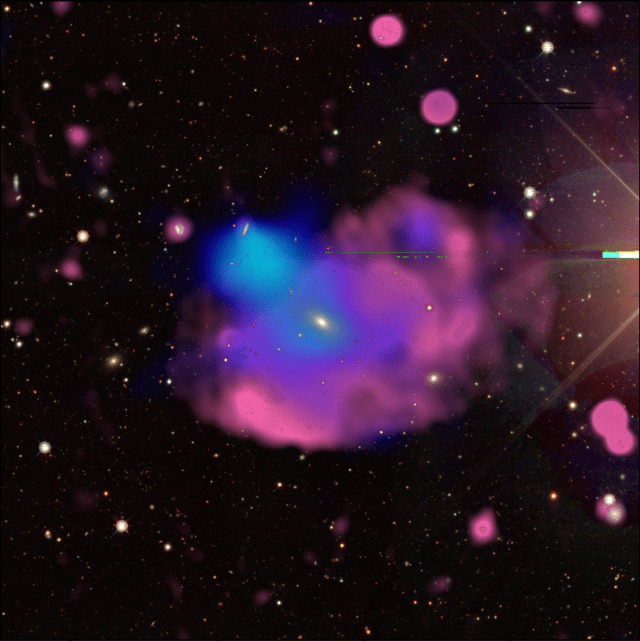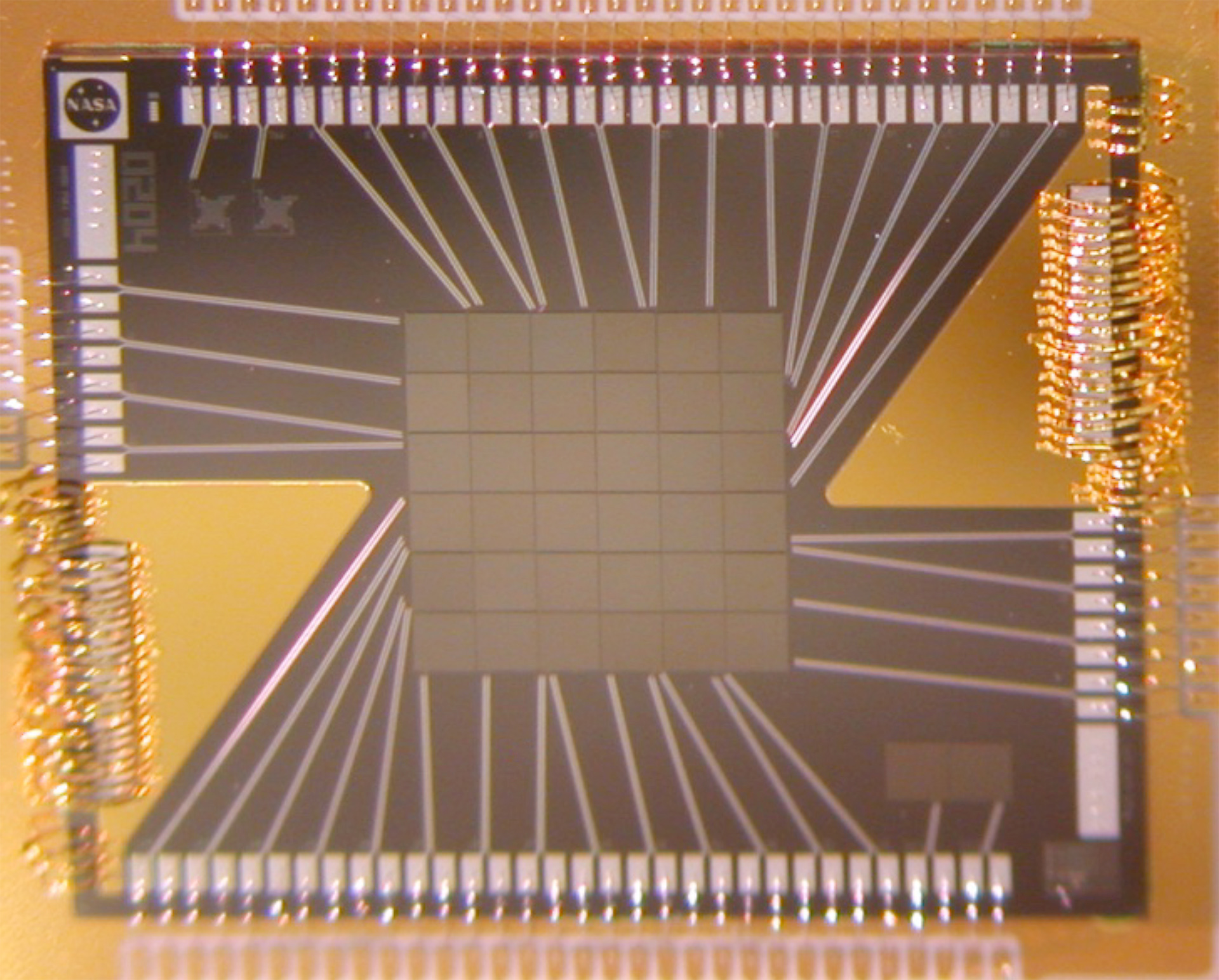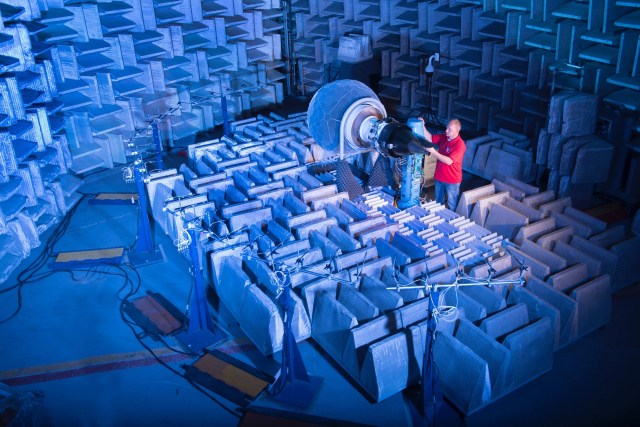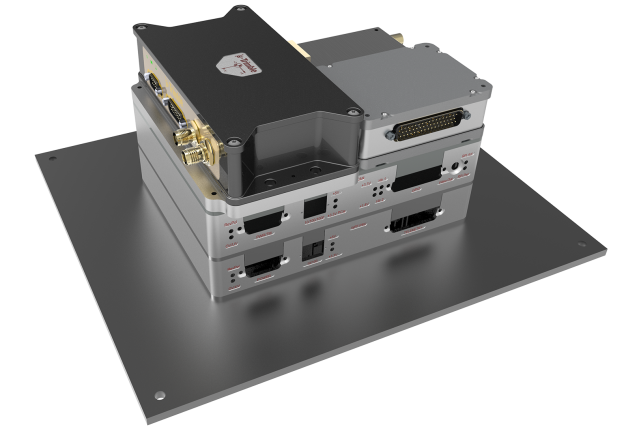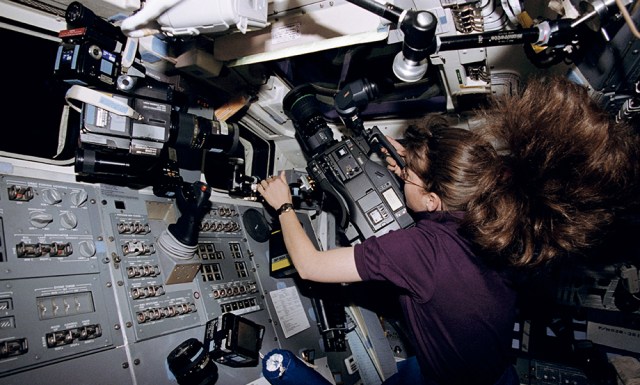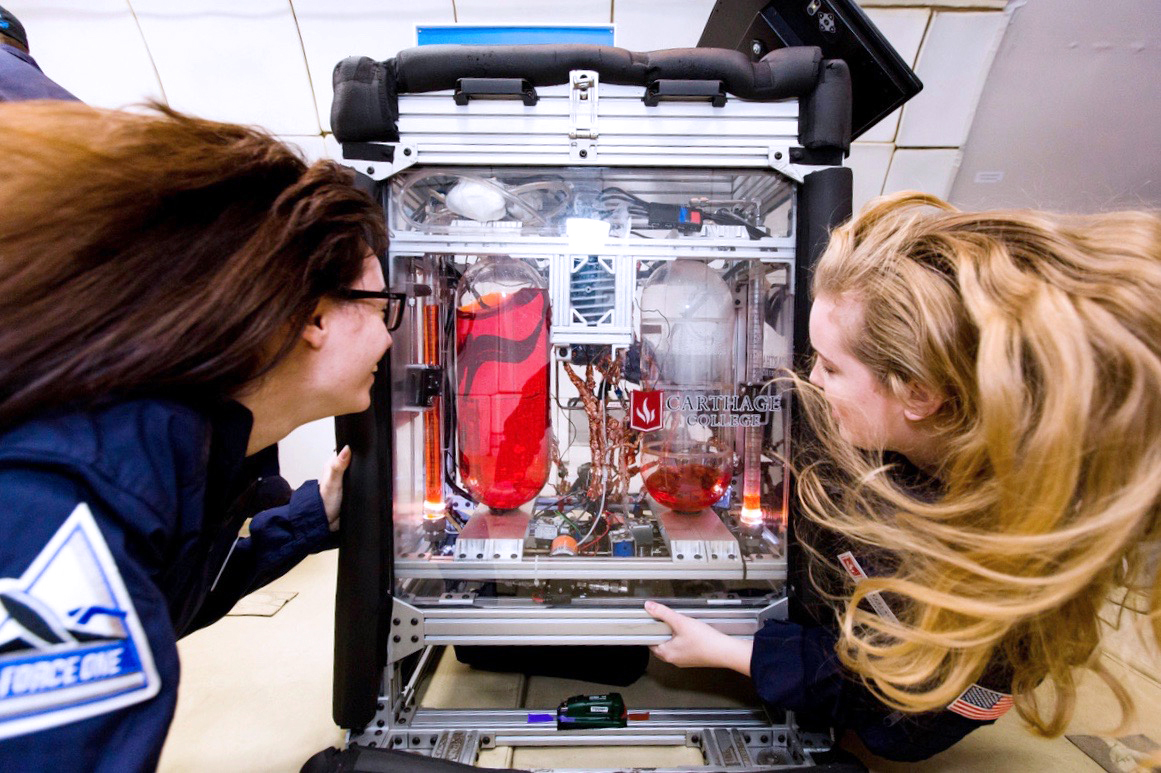Wei Xiong
University of Pittsburgh
Directed energy deposition (DED) as an additive manufacturing (AM) technique can be applied to print functionally graded materials or join dissimilar materials for space exploration hardware. Unfortunately, the interface between dissimilar materials during the printing process will develop a compositional gradient, in which not all compositions can sustain the complex heating and cooling cycles during the AM melting process. Materials microstructure can be very susceptible to AM processing and thus introduce detrimental intermetallics or regional composition easier to develop cracks. Therefore, a proper design of the interface layers according to process-structure-property relationships is essential. A team of mechanical, metallurgical, and manufacturing engineers at University of Pittsburgh and Raytheon Technologies Research Center will collaborate to integrate materials and mechanical engineering models for interface design between copper alloy and Ni-based superalloys to fabricate a crack-free scalable bimetallic component using wire arc AM coupled with cold spray technique. The developed techniques in this project can be applied to the rocket engine component manufacturing for NASA missions, such as regeneratively-cooled thrust chamber assemblies. More broadly, the design strategy can be transitioned to the design of multi-principal element alloys. Additionally, it can be utilized to design and produce architected metamaterials that can be treated as a type of new material.


